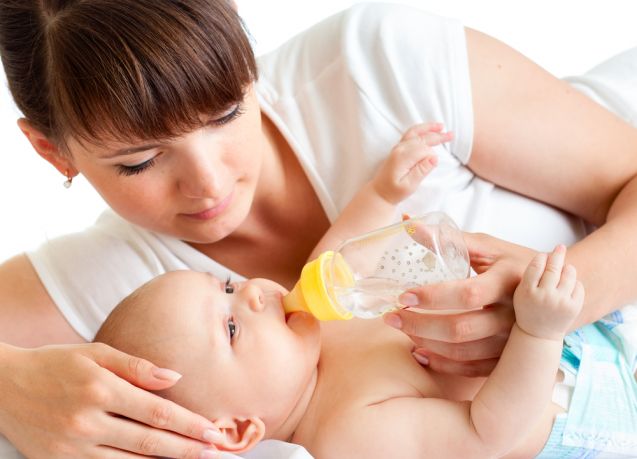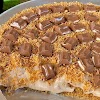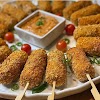Many mothers are confused about whether or not to give her baby a herbal feed, is it useful or not, and whether she can introduce it to her baby from the beginning or after the completion of a certain age. Doctors believe that you are allowed to offer any type of regular herbs and known breastfeeding, such as chamomile, caraway, fennel, etc., as long as your child completes his sixth month and begins to eat anything other than milk, whether breast milk if you are breastfeeding or formula milk.
Here, pediatricians advise these herbs that benefit infants in.
At the beginning, pediatricians and nutritionists say that the famous herbs in facilitating the digestive process are many, for example if your child feels indigestion or the presence of gases, you can offer him chamomile, caraway, and fennel, and it is preferable to offer them not sweetened.
And the doctors assure that nothing should be provided except for milk to your child, who has not yet reached the age of six, but you can consult the doctor about this matter if he feels severe cramps and does not subside by massaging and sleeping on his stomach and patting his back so that he can burp or pass gas naturally.
And your baby may be exposed to other medical conditions that make you inclined to use some different herbs, such as bouts of dry cough or accompanied by sputum, colds, diarrhea, constipation, and so on.
• Chamomile: a great sedative, suitable for treating stress and insomnia.
• Caraway: great for treating flatulence and gases in infants. It is better not to boil the seeds, but rather add a spoonful of caraway oil with warm water, even if the boiled seeds are useful.
• Anise: excellent for colic and coughing, especially with phlegm.
Linden or telio: well suited for intestinal colic and indigestion.
• Cumin: successful in treating colic and expelling gas and a treatment for shortness of breath, asthma, cough and bedwetting.
• Finally, pediatricians recommend that no matter how old your child is, do not give herbal tea. Because it contains star anise spice, which is a traditional treatment for colic, but sometimes Chinese anise is mixed with Japanese anise, a type of spice that differs slightly from it and may be toxic. In the United States, it is prohibited to use star anise herbal tea for infants.
He also recommends the following:
If the child is breastfed by his mother, it is preferable to use these herbs by the mother, as the benefit will accrue to the infant indirectly.
All the benefits obtained from herbal tea have not been scientifically proven, but they are just mutual experiences, and their effect may differ from one child to another. Therefore it is preferable not to multiply it, but rather to feed the child in the correct way that must be taken care to follow according to what suits his age.










0 Comments